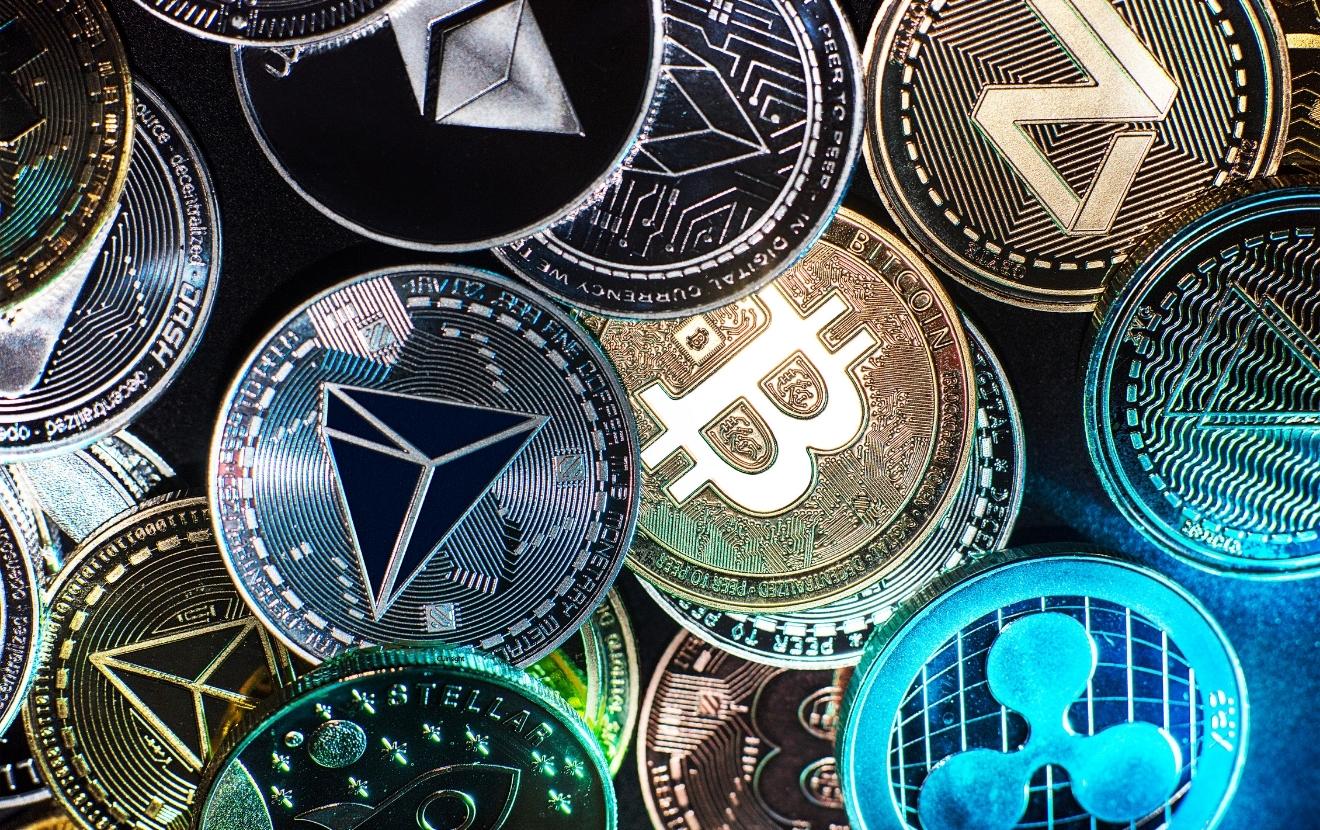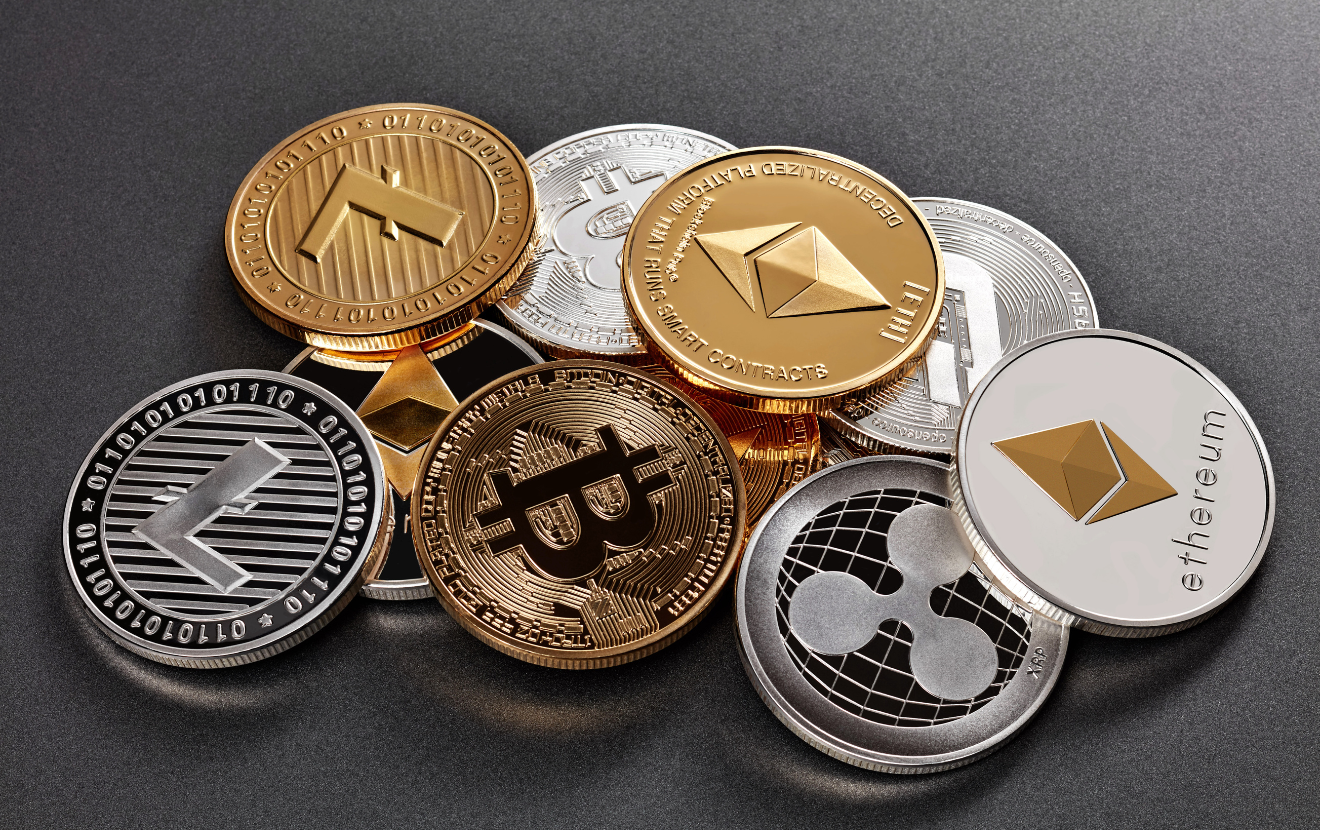When my credit union and banking peers nervously ask whether Bitcoin is a Ponzi scheme, I usually pause, smile, and say: “Are you sure that’s the right question? It’s not whether Bitcoin is a Ponzi scheme—it’s whether you’ve ever encountered something that isn’t.”
Because if we’re being honest, Bitcoin’s greatest sin might be that it’s too transparent about how value works in a financial system built on speculation, belief, and a growth mentality.
Let’s also set some context. The majority of our modern economy isn’t built on hard assets, production output, or even tangible value. It’s built on confidence and credit expansion, a system largely shaped by the thinking of John Maynard Keynes. And to be clear, Keynes wasn’t hiding the ball. His famous quote “In the long run, we’re all dead” was a direct nod to the reality that these systems are inherently unstable over time—and yet, we build anyway.
Don’t believe me? Just look at Tesla or Nvidia’s price to earnings ratios over the past 12 months. Take Tesla; approximately 1.5 trillion in market cap at EOY 2024, with a little over 7 billion in profit. For those of you whose calculators have a hard time with 10 and 13 digit numbers, that’s a measly 0.46% ROI, or about 150 years for your investment to double, if looking strictly at the production value of the P&L. And yet it remains one of the most valuable companies on planet earth.
Governments, businesses, even small-town Main Street operations all depend on borrowing against future productivity. And if the inflows stop? Well, that’s someone else’s problem . . . right?
OK, back to the topic at hand, is Bitcoin an actual Ponzi scheme? Let’s take some Ponzi accusations and reframe the conversation a bit:
Claim: “The gains to early participants are paid directly from new participants’ principal.”
Reality: Yep. Welcome to literally every financial market. No one who made money on Apple stock did so without a new buyer showing up to pay a higher price. Same with Tesla. Same with real estate. Same with fine art. Same with anything speculative (even if classified as ‘securities’). What may be hard to stomach is that Bitcoin doesn’t pretend otherwise.
Claim: “There’s no actual asset being traded—it’s just money in, money out, until the thing collapses.”
Reality: Sounds a lot like the S&P 500 in 1999 (remember the dot-com boom and bust?). Or U.S. housing in 2008. Or NFTs in 2021. Every market—every market—is money in, money out . . . until it isn’t. Some things create value, sure. But most of what we call “investing” is just placing bets on hype cycles and hoping you’re not the last one in the pool when the music stops.
Claim: “The whole (pyramidic) structure depends on a constant inflow of new money.”
Reality: Show me a business that doesn’t. Show me a government that doesn’t. Show me a multi-level org chart—corporate, nonprofit, or military—that doesn’t have a few at the top and many at the bottom supporting it all. Our entire economy is built on inflows, expansion, leverage, and belief. So maybe the problem isn’t what some have described as the speculative nature of Bitcoin . . . maybe the problem is the very structure of modern economies themselves.
Let’s talk about the U.S. Dollar for a minute. The dollar is backed by one thing: trust in the U.S. government. Given everything DOGE has turned up in the past couple of months, are we still 'sure' that trusting the government as a fiduciary is really the 'best' idea?
And even if we squint past the headlines, the numbers don’t lie: the federal government runs an annual deficit north of $2 trillion, while its own currency steadily loses 2–3% of purchasing power per year on a good day. You’d be hard-pressed to find a business owner or credit union CFO who’d call that a sustainable model. There’s no need to dive into conspiracy theories or fraud scandals to see the problem. A Dollar General calculator should suffice.
The dollar isn’t redeemable for gold. It’s not collateralized by anything. It’s a token backed by debt, printed in theoretically (actually?) infinite quantities, and absolutely dependent on continuous belief (faith) and future productivity to sustain its value.
And we’re over here wringing our hands about Bitcoin? Are we starting to catch on to the irony here?
Bitcoin has a fixed supply. It’s open-source. Nobody can change the rules on a whim. And it never promised you a guaranteed 8% return like a certain stablecoin scheme that shall not be named. It just exists. And the price? That’s what people are willing to pay for it. Transparent, auditable, provably scarce. Sounds a lot like a ‘security’ if you think about it…
Contrast that with the average equity in the S&P 500. Do most investors buy because they believe in the business model, understand the cash flow, or intend to hold the shares for decades? Nope. They buy because the line is going up and the Fed is signaling dovish. In other words: they buy because they think someone else will buy it for more later. And that’s fine! That’s how markets work. But let’s not pretend this behavior is somehow morally superior to buying Bitcoin (or any modern digital assets).
Even real estate—that bastion of "real asset" safety—is arguably the most propped-up Ponzi of all (hear me out). It requires ever-increasing credit availability, ultra-low interest rates, massive tax incentives, and an army of leveraged buyers to keep the thing rolling. Try stopping the inflows and see how fast the "value" of your property collapses.
Let’s call a spade a spade: the world runs on availability bias, confirmation bias, and a carefully, long-term politically structured belief system that require new money to maintain the illusion of perpetual growth. Bitcoin just happens to be the one asset that exposes these realities for what they are.
Now, this doesn’t mean Bitcoin is risk-free. It isn’t. It’s volatile. It’s still maturing. It has its own cycles of hype and disillusionment. But dismissing it as a scam because it doesn’t fit into the traditional playbook is like criticizing the internet in 1996 because AOL chatrooms were weird (and they were).
So, what does this mean for credit unions?
It means we need to stop scoffing and start studying. Bitcoin is not going away. The financial system of tomorrow will not look like the one we grew up in. Your members are already encountering digital assets, even if your balance sheet isn’t.
And here's a riddle for you:
What’s worth trillions of dollars, mostly available in IOU, digital token form, and primarily stored on decentralized ledgers throughout the globe?
You guessed it—the U.S. Dollar.
We also would have accepted: ‘Bitcoin’.
They’re more similar than you think. The only real difference is that one has some paper IOU tokens in your wallet and a patriotic logo in the corner. But at their core, they’re both ledger-based systems of value backed by belief (one more than the other).
We’re so conditioned to believe in complex, over-leveraged, opaque systems that something simple, transparent, and neutral seems suspicious.
But maybe the real red flag isn’t Bitcoin. Maybe it’s everything we’ve accepted as normal.
If that makes you uncomfortable, good. It should. And if you’re ready to start asking better questions and building more resilient systems for the future, your friends at THE Next Generation CUSO are here to talk. Because pretending Bitcoin is the scam while drowning in debt and speculating on hype . . . well, you can do the math.








